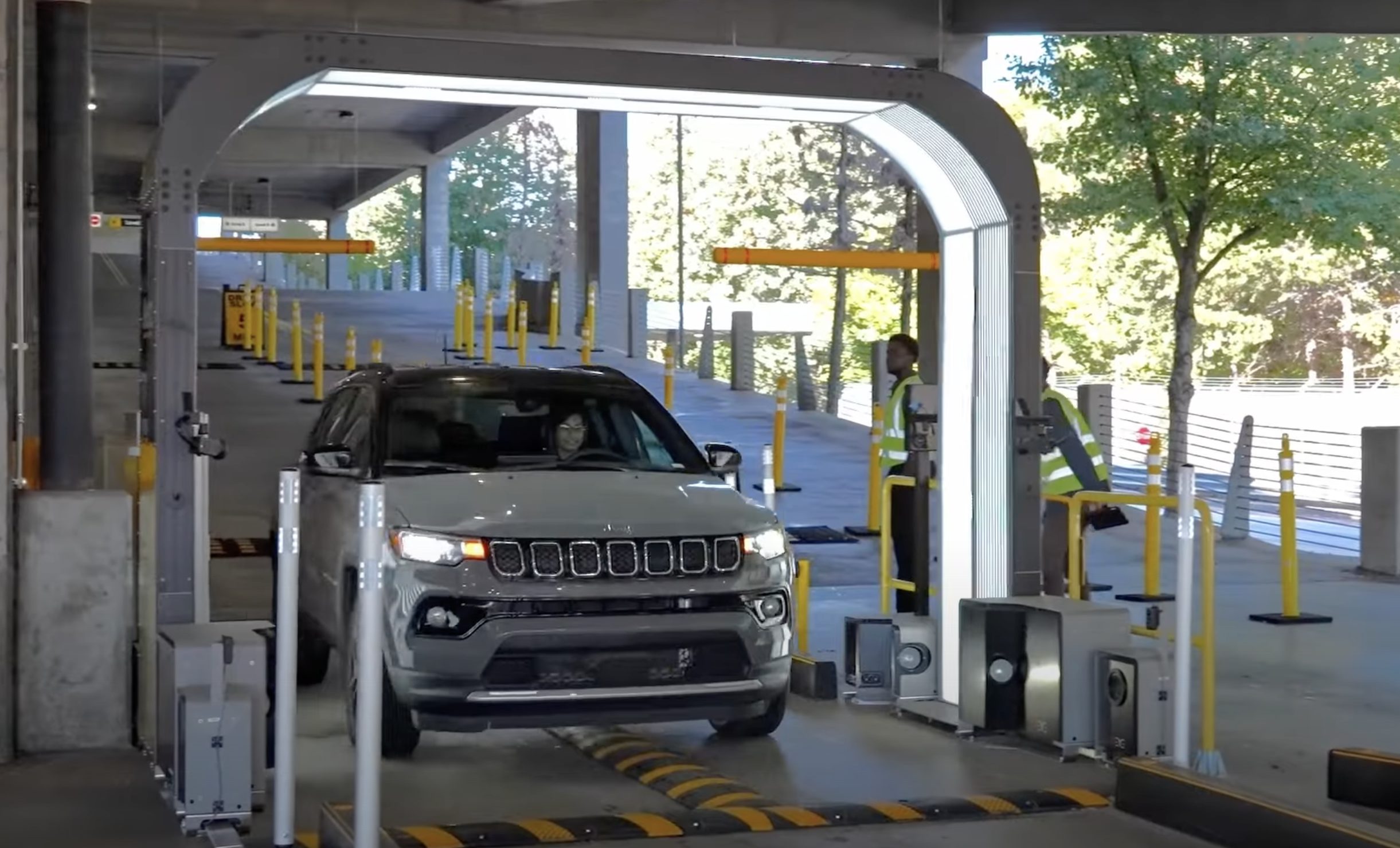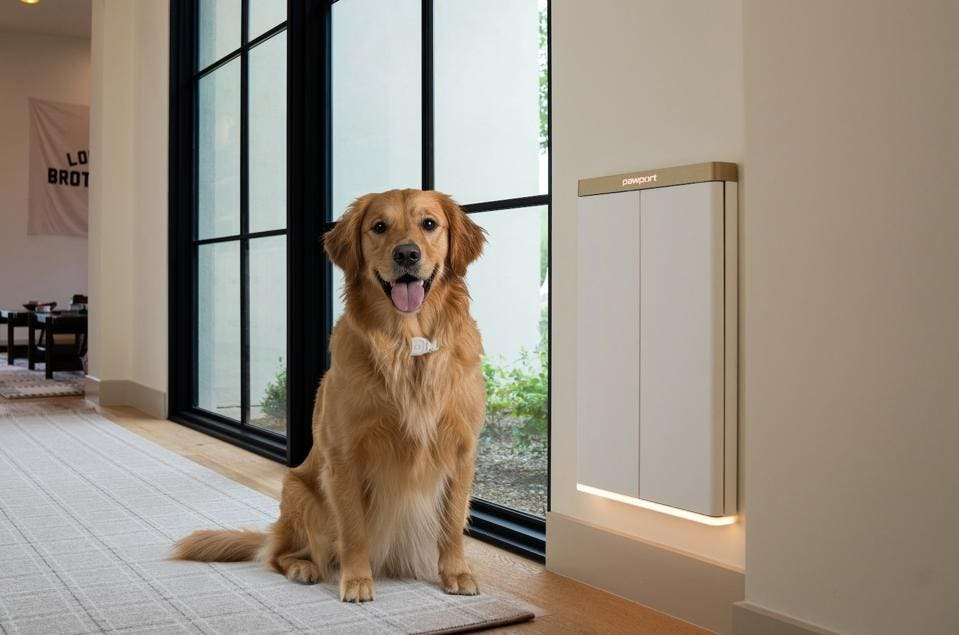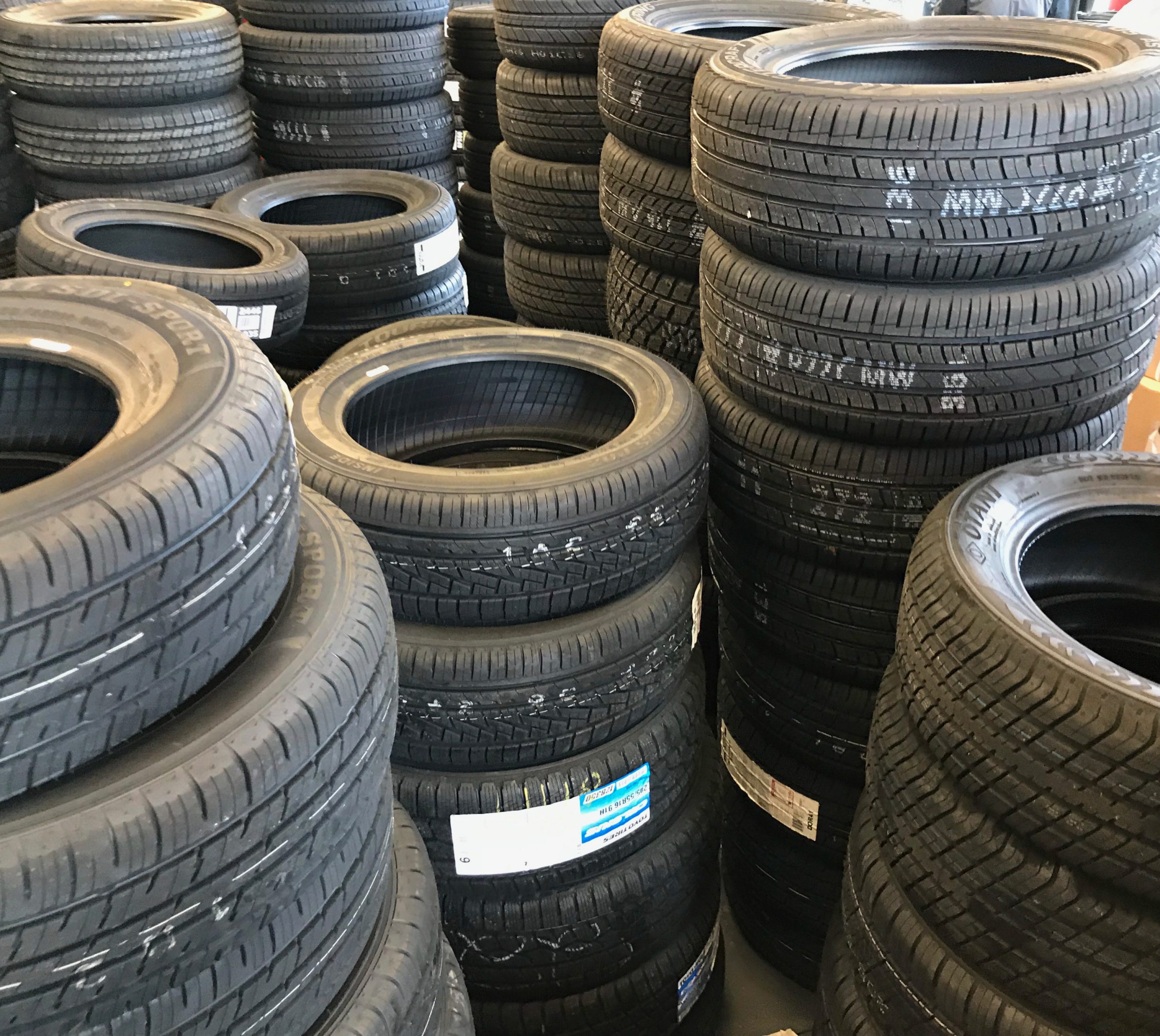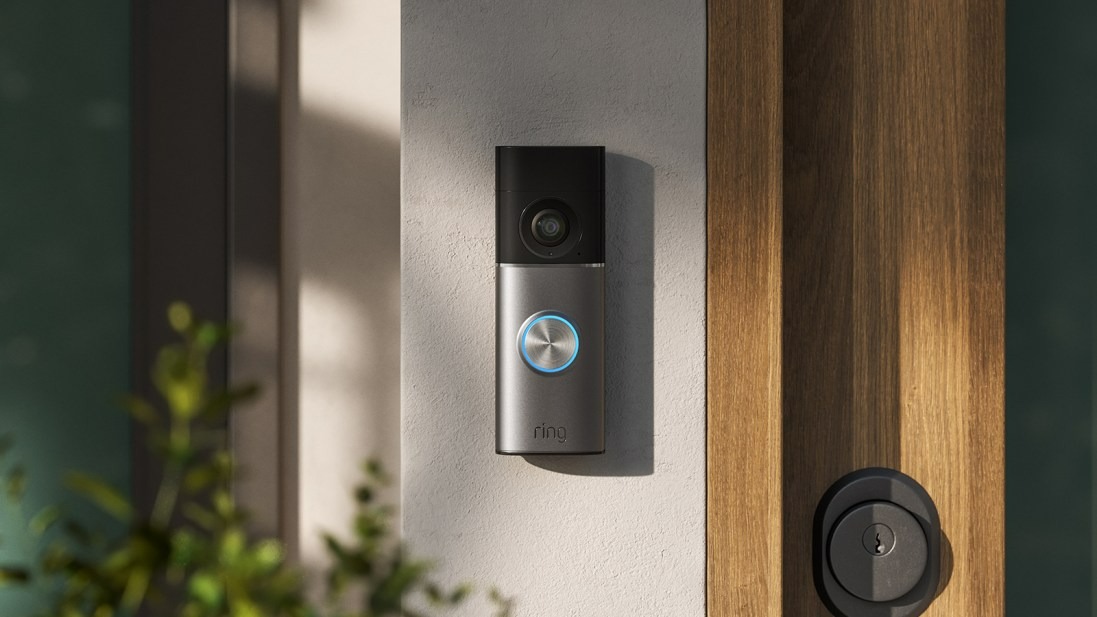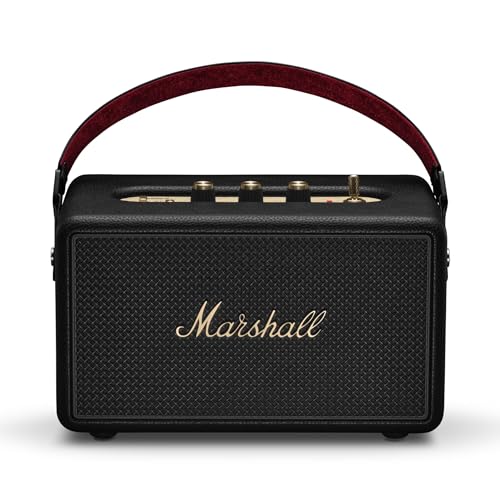Patrick’s tiny scuff on his Volkswagen wheel triggered a $440 charge—the breakdown: $250 for repair, $125 for processing, and a $65 admin fee. Meanwhile, Hertz’s new AI scanner caught what human eyes would miss.
UVeye‘s technology detects 96% of vehicle problems compared to 24% from manual checks. As a result, every microscopic scratch now becomes a billing opportunity.
Algorithms Don’t Forgive
Drive-through scanners use 16 cameras to spot damage larger than two millimeters. Furthermore, the Israeli startup’s system works in seconds. Customers get billed for wear that wouldn’t matter to previous human inspectors.
Another renter faced a $195 charge for barely visible damage. The AI treats normal wear like collision damage.
Fee Structure Breakdown
Hertz calls the processing fee “the cost to detect and estimate damage.” Additionally, the admin fee “covers costs from processing your claim.” Translation: You pay extra for getting caught by robots.
Money Trail Reveals Motive
Struggling Hertz has posted six straight losing quarters. At the same time, UVeye just raised $191 million from Toyota’s investment fund—perfect timing for a company bleeding cash.
Installation starts at Atlanta airport and expands to 100+ locations by year-end. Consequently, Avis and Enterprise are watching closely. The entire rental industry sees dollar signs in AI precision.
Protection Tactics
Document everything with photos before driving away. Even with AI watching, your evidence provides the best defense. On top of that, customers report trouble reaching human agents to dispute charges.
Patrick refused the quick-pay discount. Smart move. Don’t let pressure tactics force you into accepting responsibility for questionable damage.
Rental cars just became way more expensive thanks to robot perfection.


